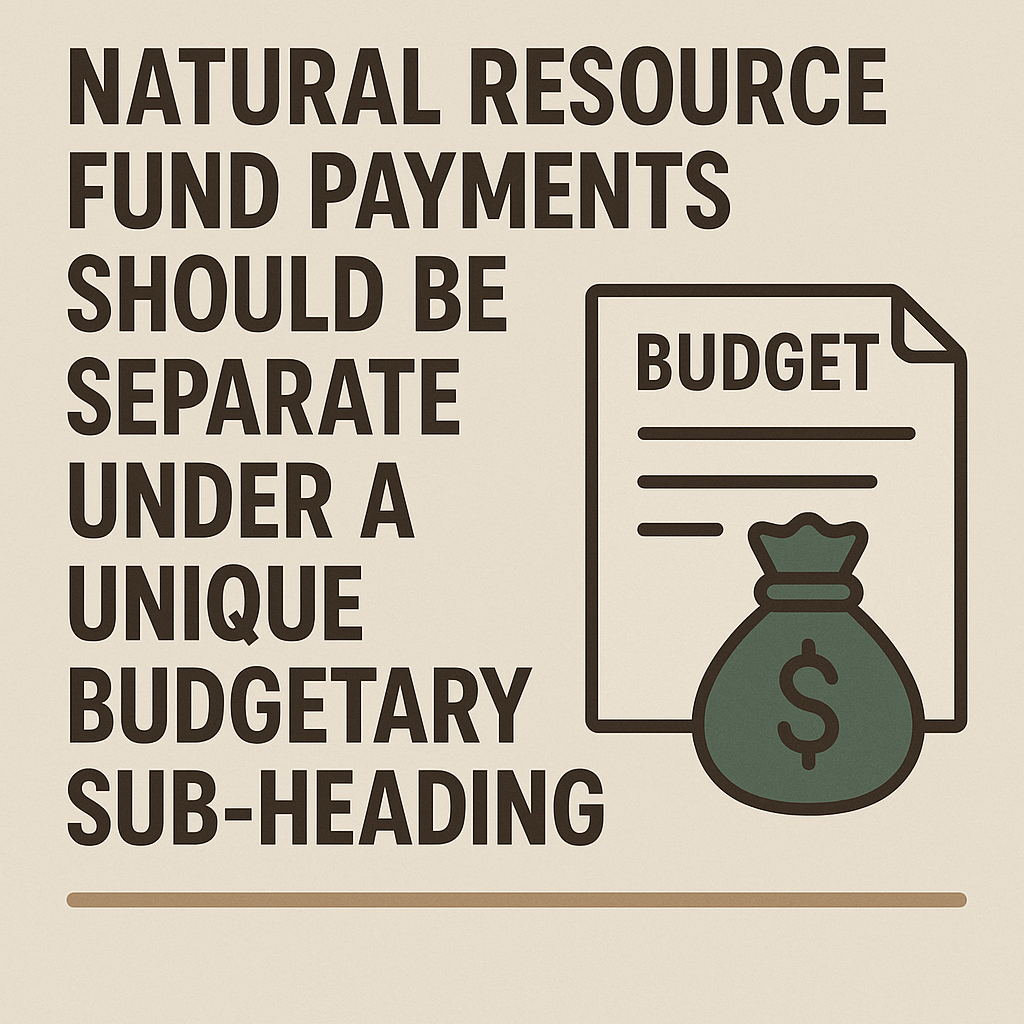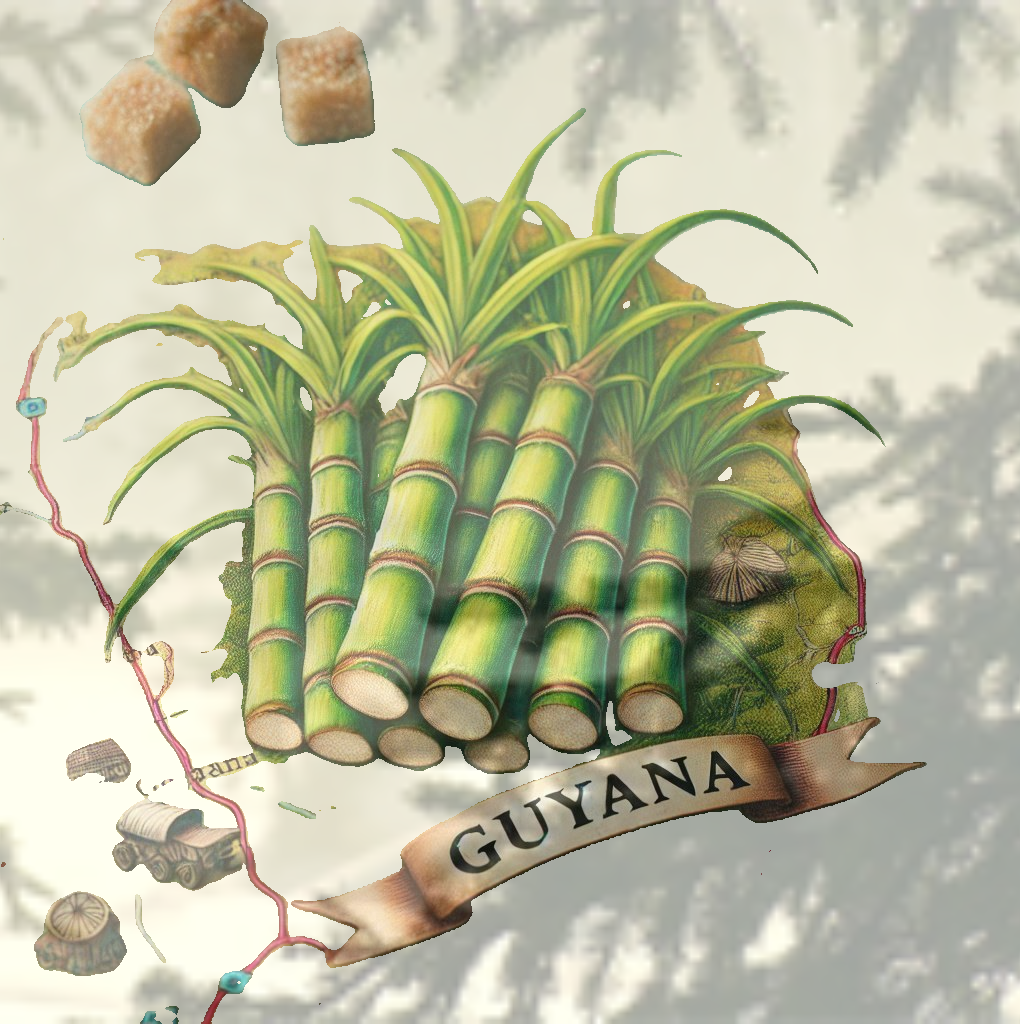I thank Dr. Vishnu Bisram for pointing out an economic approach towards distributive justice in managing oil wealth in Suriname: ‘“Royalties for Everyone”, on the decision by the government of Suriname to grant a savings note (royalty shareholding certificate) of US$750 to each of its citizens, payable after 2028 with 7% interest and a contrast with Guyana’s grant’ (SN 2024-12-07). Suriname’s business model within its business contract takes a direct path in its National Accounting System, from production and sales to its national budget, that enables Government to create continuous injection and inflation stabilization programs, using ‘royalty shareholding certificates’. Suriname at the driving wheel will automatically have fiscal controls on Government transfer programs as its economy grows.
The Suriname business model in its contract consists of expenses and revenues from which Suriname and the contractor get their shares from oil production and sales to plan and execute their respective programs. Royalty Expense are in barrels of oil. Contractor shall, on Staatsolie’s instructions, deliver to Staatsolie at the Delivery Point six and one quarter percent (6.25%) of the Gross Production as Royalty. (Article 12.1). Alternatively, cash may be taken (Article 12.2) under special world market price valuation rules. This aspect is similar to Guyana’s 2% of the value for royalty of production and sales (top line). Expenses are ‘all capital costs and expenses made for Development Operations during the Development and Production Period EXCLUDING INTEREST, as determined in accordance with the Accounting Procedure. (Section 1.34 of Suriname’ contract, See https://www.sec.gov/ Archives/edgar/data/1509991/000110465913080961/a13-19720_1ex10d21.htm). Interest expense charged by the oil companies is unknown in the Guyana contract without official data and after a comprehensive audit; too late, too late.
Income tax expense (Article 18.2): ‘Each Contractor Party will be subject to the Income Tax Act of 1922 (Government Bulletin of 1921 no. 112, as last amended by State Decree of 1995 no. 52) and the Petroleum Law of 1990. Subject to the preceding, the income tax calculation will take into account the following’. Suri-name does not plan to override its Sovereign taxation laws. Guyana has waived all input customs duties, income taxes on profits, and the oil companies’ windfall profit tax, (an international best practice). Guyana’s Sovereign taxation laws are overridden by a business contract. Capital expenses allowed by Suriname versus Guyana: Guyana allows 75 % of gross revenue as a place holder for actual Capital Expenses. The expenses above 75% are carried forward into the future. Excess expenses are unknown and can come from different, unrelated, unring-fenced areas or wells that are mis-matched with the producing wells expenses.
Guyana’s estimated 75% of Revenue as Capital Expenses plus Royalty Expenses of 2% of gross sales or 77 % of gross sales are subtracted from each year’s gross sales in order to arrive at taxable profits on the remaining 23% of sales. Taxes are calculated, but not paid to Guyana. Suriname profits are calculated as Gross sales less its 6.25% Royalty and the Commercial Field Capital Expenses that produced the oil sales revenue (the matching Accounting principle). (See article 13.7). The Contractor Capital Expenses that calculates Contractor tax owed, are on a sliding scale of recoverable expenses from low to high. If Contractor profits share are100 barrels at the beginning, only 15 of the Contractor’s 100 profits barrels are subject to profits income tax (see Article 13.7). This rises to 85 barrels in later years. The contractor pays more and more taxes each year, thereby empowering Government to increase it’s transfer payments to its citizens.
The Suriname’s business model within its Petroleum Contract empowers the Suriname authorities to conduct policies and programs that would motivate its population base. There are no assumptions made that if income transfers are made each year, in this case with a promissory note called ‘Royalty shareholding certificate’, that people will prefer leisure to work.
Sincerely,
Ganga Persad Ramdas











